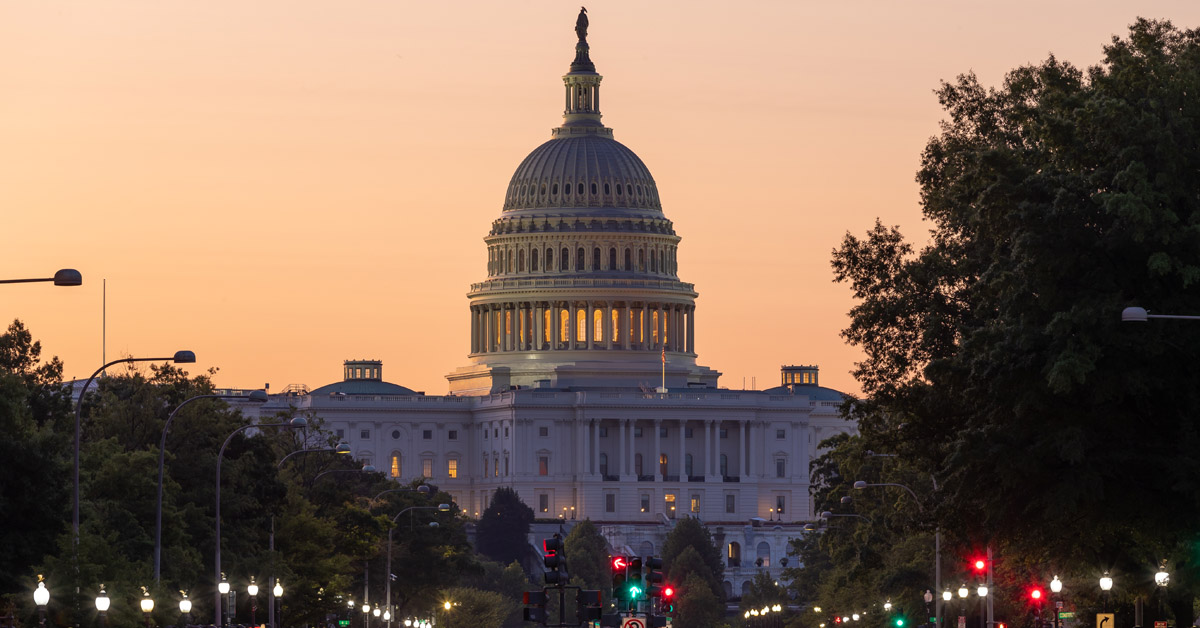
Hospice CARE Act Seeks Reform in End-of-Life Care Delivery
The development of the Hospice Care Accountability, Reform, and Enforcement (Hospice CARE) Act suggests impending changes in end-of-life care delivery, particularly in how patients qualify for these services.
At the recent Hospice News Elevate conference in Washington, D.C., Representative Earl Blumenauer (D-Oregon) introduced this landmark legislation, which remains in draft form and awaits formal introduction in Congress.
Blumenauer emphasized that the Medicare Hospice Benefit is overdue for significant reforms, noting its last comprehensive review dating back to 1982. He highlighted the need for legislative action to align with industry advancements over the past four decades, aiming to enhance the program’s functionality in collaboration with hospice providers.
Once introduced, the Hospice CARE Act will undergo the legislative process, including committee markups. Among its key provisions is a focus on addressing malpractice within the hospice industry, particularly instances of fraud and abuse reported across states such as Arizona, California, Nevada, and Texas.
The proposed legislation includes stricter requirements for Medicare enrollment for hospice-certifying physicians. Notably, it seeks to prevent physicians employed by or financially tied to hospice programs from certifying patients as terminally ill during the initial 90-day election period. This change responds to rising concerns over fraudulent practices, including kickbacks and violations of the False Claims Act.
Recent updates from the Centers for Medicare & Medicaid Services (CMS) have refined guidelines on physician enrollment, emphasizing compliance with Medicare rules to ensure proper certification and reimbursement for hospice services. Despite implementation challenges reported by hospices, regulatory efforts are intensifying to safeguard program integrity.
Blumenauer emphasized the necessity for bipartisan cooperation in addressing these issues, urging lawmakers to engage in meaningful discussions that reflect the evolving nature of hospice care and ensure effective oversight by regulatory bodies.
The Hospice CARE Act marks a pivotal advancement in enhancing hospice care, oversight, and payment frameworks across the United States. Should it become law, the bill promises vital reforms aimed at bolstering care quality and accountability, tackling issues like staffing deficiencies and fraudulent practices within the industry. As legislative proceedings unfold, it will be imperative for lawmakers and stakeholders to collaborate closely to ensure these reforms are not only feasible but also impactful in elevating end-of-life care standards for patients and their families.





